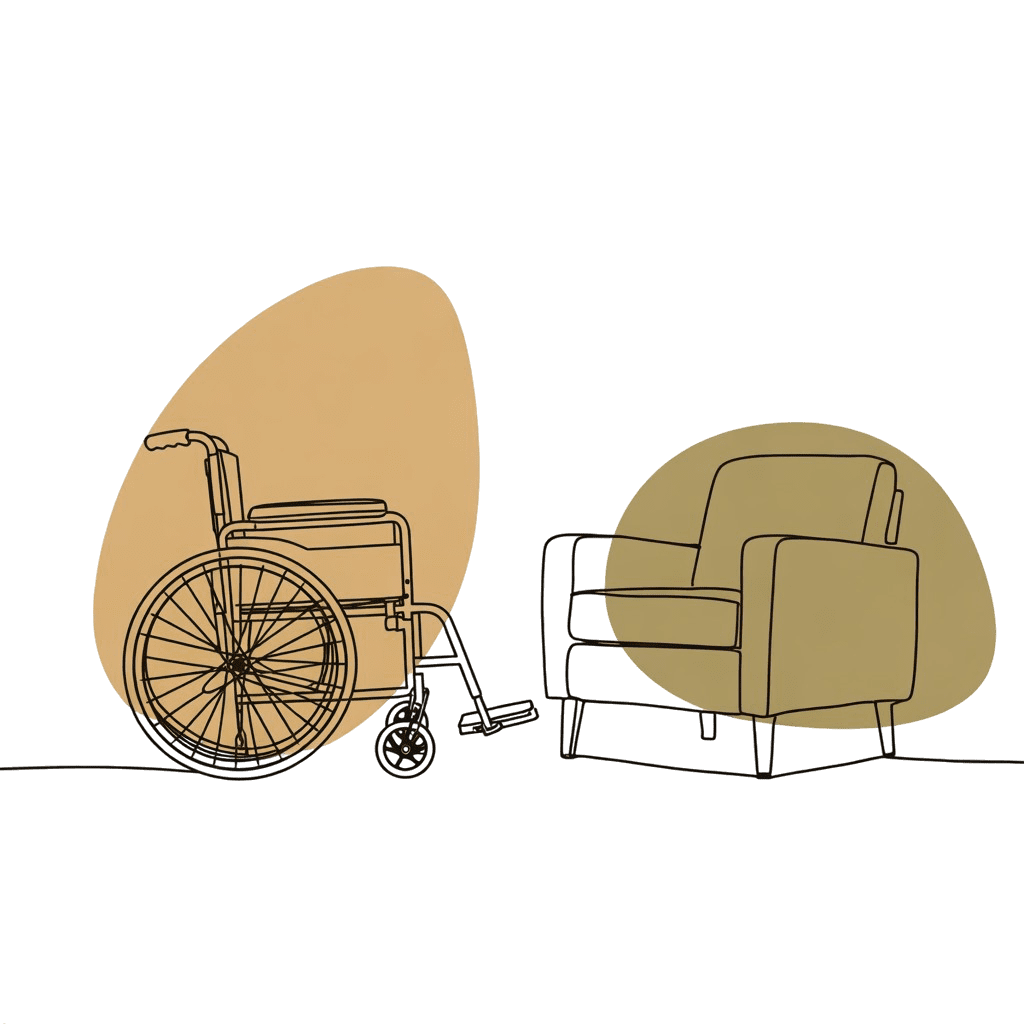CBT (Cognitive Behavioral Therapy) is a highly effective form of psychotherapy that has been widely used to treat a variety of mental health conditions. This type of therapy involves identifying negative thought patterns that contribute to a person’s distress and learning strategies to replace them with more positive, realistic thoughts. In this article, we will explore the benefits of CBT, how it works, and what to expect during a CBT session. We will also discuss the different types of CBT and how they can be tailored to suit an individual’s specific needs. Benefits of CBT CBT has been shown to be highly effective in treating a wide range of mental health conditions, including anxiety disorders, mood disorders, personality disorders, and substance use disorders. It has also been found to be effective in treating physical health conditions such as chronic pain. One of the main benefits of CBT is that it is a short-term, goal-oriented therapy. This means that it is typically completed within a specific number of sessions and is designed to help the individual achieve specific goals, such as reducing symptoms of anxiety or depression or improving their relationships with others. How CBT Works CBT is based on the idea that our thoughts, feelings, and behaviors are all interconnected. Negative thoughts, such as “I’m a failure” or “no one likes me,” can lead to negative feelings, such as sadness or anxiety, which can then affect our behavior in a negative way. CBT works by helping individuals identify and challenge these negative thoughts, replacing them with more positive, realistic thoughts. This can be accomplished through a variety of techniques, including cognitive restructuring, behavioral activation, and exposure therapy. During a CBT session, the therapist and individual work together to identify negative thought patterns and develop strategies to replace them with more positive thoughts. The individual is typically given homework assignments to practice these new skills between sessions. Types of CBT There are several different types of CBT, each of which is designed to address different types of mental health conditions or issues. Some of the most common types of CBT include: – Cognitive Therapy: This type of therapy focuses on identifying and changing negative thought patterns that contribute to the individual’s distress. – Behavioral Therapy: This type of therapy focuses on changing negative behaviors and developing new, more positive behaviors. – Dialectical Behavior Therapy (DBT): This type of therapy is designed to help individuals who struggle with intense emotional responses develop skills to regulate their emotions and improve their relationships with others. Overall, CBT is an effective form of therapy that can help individuals improve their mental health and overall quality of life. If you are struggling with a mental health condition or other issue, consider talking to a mental health professional and seek help, they could give their evaluation about what type of therapy could be best suited for you.
Home » Articles » Mental health » Therapy » What is CBT therapy and how does it work?
What is CBT therapy and how does it work?

Date
What is CBT therapy and how does it work?


```html
OK2Feel is a place that gives feelings room to exist.
If you liked this post, you might find my therapy card decks helpful as well.
You can explore them in the shop →
```
More
articles
October 27, 2025


